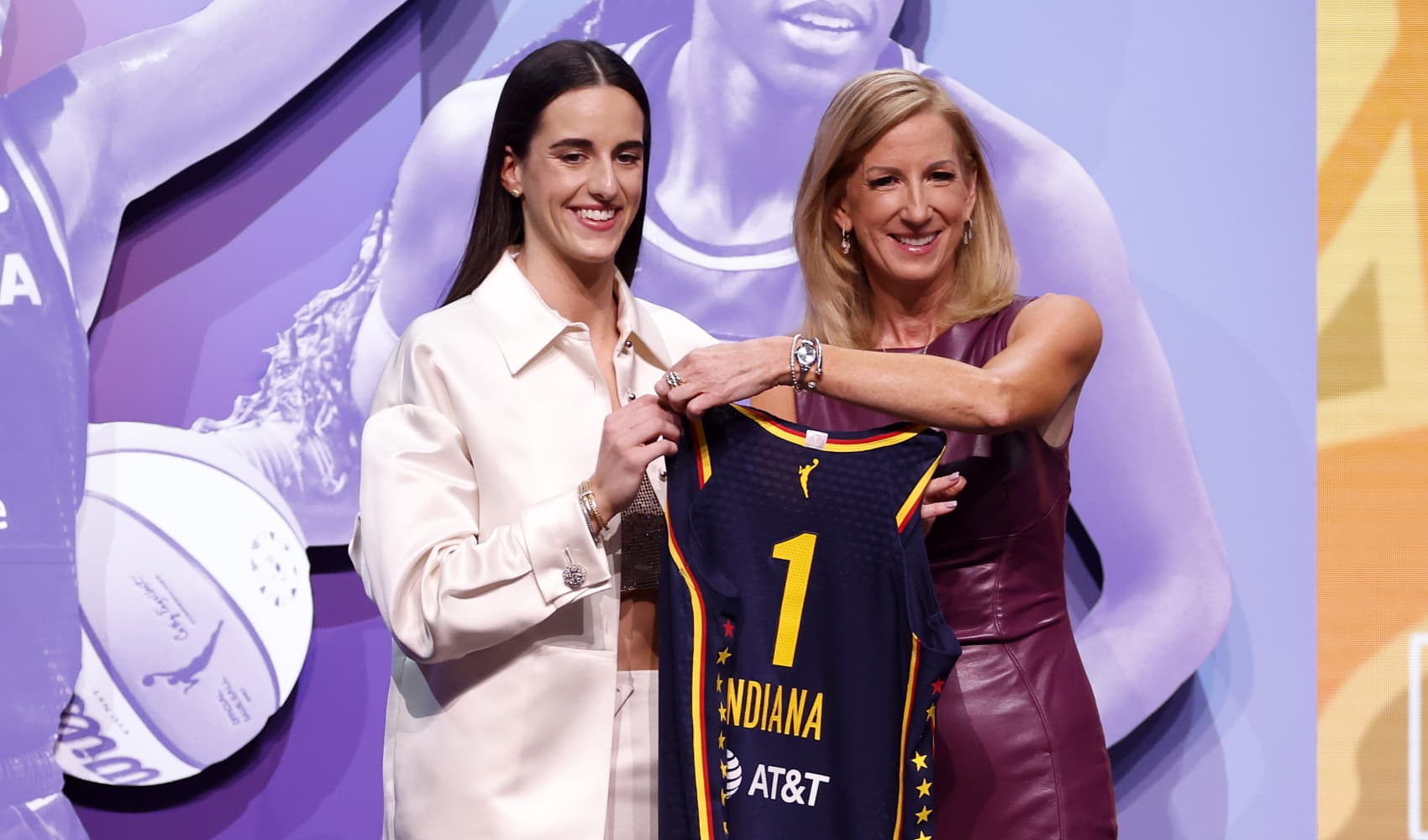
As businesses remain closed due to the coronavirus pandemic, nearly 22 million Americans have filed for unemployment during the past month. And with more layoffs expected, the job market will only continue to get more competitive.
The simple truth is that most job seekers won't get hired right away, which is why it's important to know which industries are hiring and be diligent in submitting applications. But that's not the only thing you should be doing.
As an executive who has been interviewing and hiring for more than 20 years, the biggest mistake I see people making when job hunting, especially during times of desperation, is limiting their strategy to only sending out as many resumes as possible — and not taking a few minutes out of their day to focus on networking.
Don't overlook the power of networking
According to a 2016 report from the U.S. Bureau of Labor Statistics and Yale University, 70% jobs are found through networking. So if you want to boost your chances of getting hired, you need to put yourself on the radar of those who can really help you land an interview.
The pandemic certainly makes the job of finding a job even more stressful. But the good news is that if there was ever a perfect time to network, this is it.
The work-from-home experience has created a captive audience for networking. People aren't traveling for business or going to conferences. Instead, many are staying put and working from home, meaning they're likely to be available and pay attention when you reach out (via a simple email or call).
Money Report
The wrong way to network
Networking poorly is worse than not networking at all. For example, reaching out to someone you haven't had any contact with for years and blatantly asking for help is huge turnoff.
Consider what happened to me: I hadn't seen or heard from "Joe" in more than a decade. While we worked in the same industry, our paths seldom crossed, other than in the most tangential way at industry events. We also weren't friends outside of work.
What I did know about Joe was from the news: Several years after we met, he pleaded guilty to insider trading and spent a few months in jail. Not once during that time did he reach out to me, nor did he respond to a letter I sent asking how he was doing. Joe quickly became a distant memory.
So imagine my surprise when, years after our last contact, he emailed me, requesting we "get together for lunch." He needed a job and was hoping I could introduce him to some recruiters. Really?
My reaction had nothing to do with the fact that Joe spent time in prison for insider trading. From what I read, he took full responsibility for what happened. Rather, it was because his first contact with me after so many years — and given the fact that we weren't more than nodding acquaintances — was for help getting a job.
You may think I'm being harsh, but this is the reaction you're going to get from other people if you approach them from out of the blue. You may find someone who, for whatever reason, is willing to help. But, quite frankly, that will be the exception and not the norm.
Lead with your 'give' before you seek to 'get'
Right now, think of a person in your network who could help with your job search. Who can make an introduction or connect you with someone at a company you'd like to work at? Who can help you brainstorm or provide you with perspective from their own career journey?
Then, write down a list of things you can do for them. Even if it's a minor gesture, it can still jump-start your networking — as long as the act is genuinely meaningful to them.
What information or assistance can you offer? Maybe you heard they need help with a project or initiative. Look at their Twitter, Facebook, blog or website. Are they or their company supporting charitable causes (i.e., making face masks for frontline workers, donating food to homeless shelters) that you can help with?
In these turbulent times, offering an extra set of hands is a great way to lead with your "give" and develop a reputation for going the extra mile. Also, never underestimate the power of simply being a sounding board for someone going through a tough time — or having a laugh with them to help ease their worries.
The unexpected fruits of networking
In 2017, when Hurricane Harvey hit Houston, Texas, a friend of mine lost his job due to a corporate merger. In addition to spending much of his time looking for jobs, he set aside an hour or two per week to hand out blankets and bottled water. He even acted as part of a human chain to bring people out of flooded homes.
He worked side by side with another volunteer, but they didn't talk about themselves at first. When the other volunteer asked, my friend shared his story briefly. (Remember, the cardinal rule of networking and job searching is to always tell the truth. And there's no shame in being laid off. It happens to good, hard-working people when companies downsize, like right now.)
"My company is looking to hire someone with your background," the volunteer said. "I don't need a resume to see who you are. I've already seen it." Three weeks later, my friend had a new job.
Gary Burnison is the CEO of Korn Ferry, the world's largest hiring and recruiting firm. Gary is a New York Times best-selling author. His latest book, "Advance: The Ultimate How-to Guide for your Career" shares an insider's look on everything you need to take control and get ahead in your career. He is also the author of "Lose the Resume, Land the Job." Follow Gary on LinkedIn.
Don't miss:
- I told my landlord I couldn't pay April rent—due to COVID-19. This is his incredibly emotional response
- After 20 years of hiring, I refuse to look at resumes that have this common yet outdated section
- This is the best answer I ever received to 'Tell me about yourself'—after 20 years of interviewing
Check out: The best credit cards of 2021 could earn you over $1,000 in 5 years






